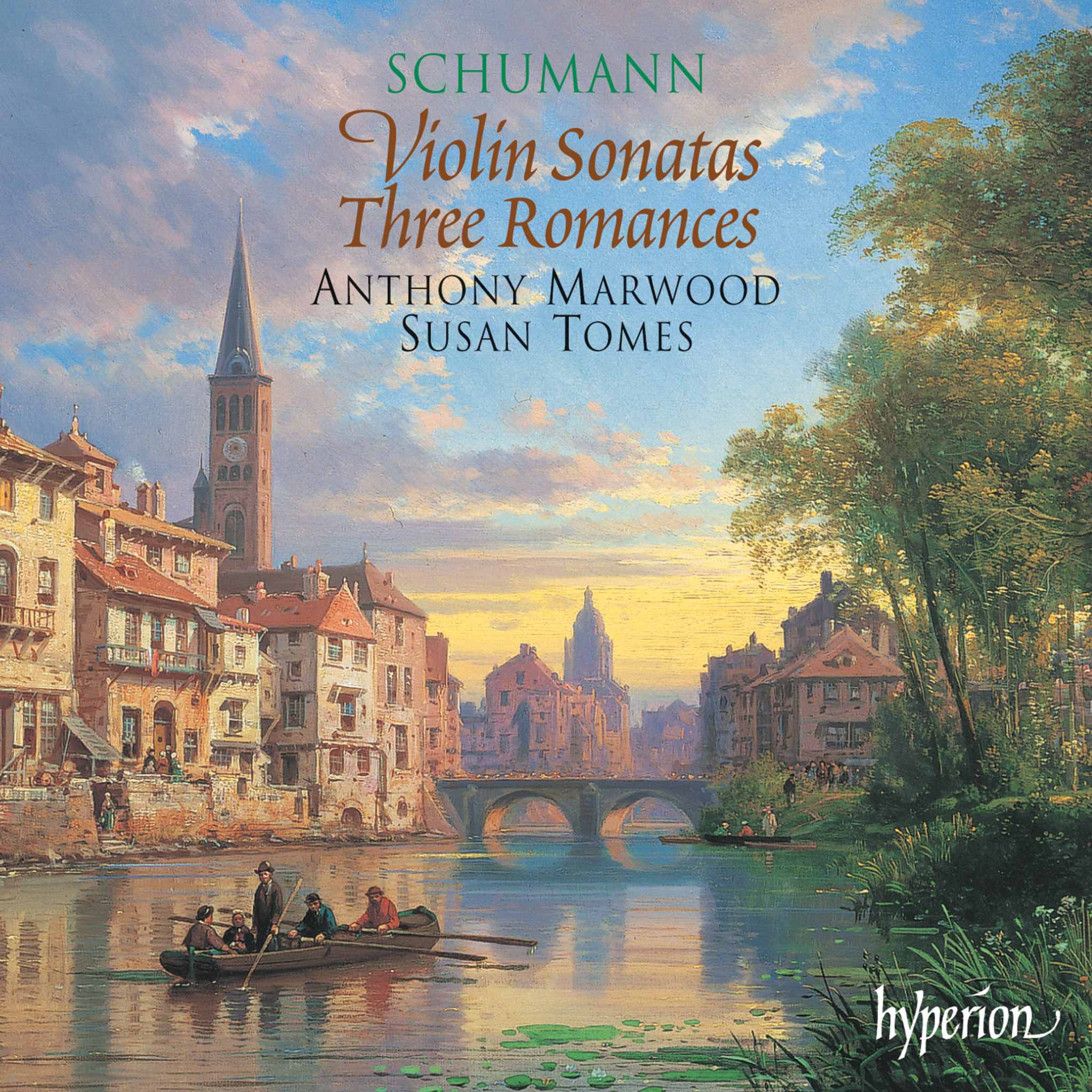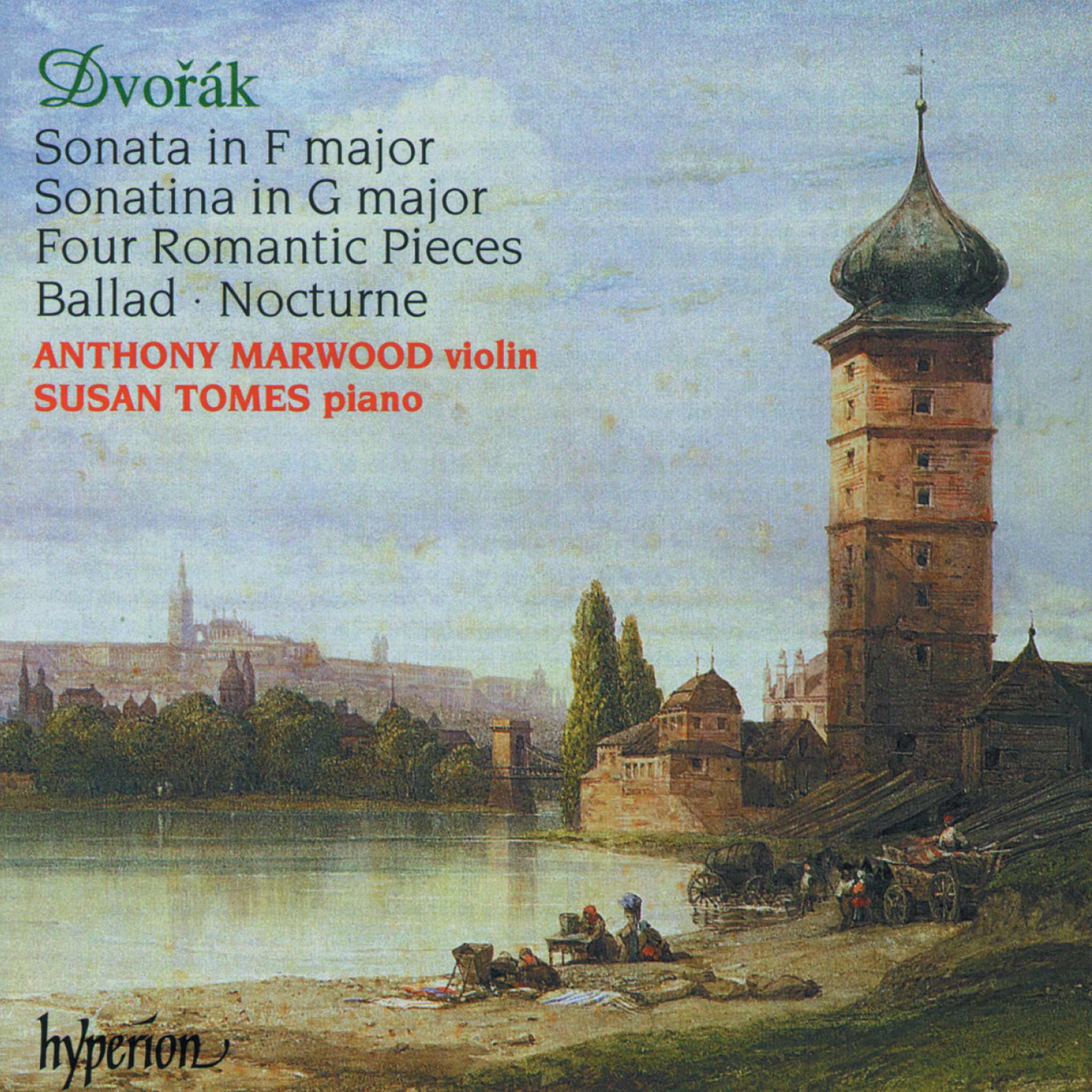Album insights
Ein Blick auf Vaughan Williams' sinfonisches Schaffen zeigt seine vielfältige musikalische Palette. Nach seinem Aufenthalt bei Delius begab er sich nach Paris, um seine Orchestrierungsfähigkeiten zu verbessern. Nach seiner Heimkehr komponierte er die "London Symphony", die ein klangliches Porträt der Hauptstadt darstellt. Bemerkenswert sind die ähnlichen Anfänge von Delius' "Paris" und Vaughan Williams' Sinfonie. In seinem Werk spiegelt sich die Stille Londons wider, umgeben von Unruhe. Durch mehrere Revisionen gewann die Sinfonie an Präzision und sinfonischer Qualität.
Inspiriert von Volksliedern widmete sich Vaughan Williams der Komposition von Liedern und Chorwerken. Seine künstlerische Entwicklung prägte später die Vertonung eines Gedichts von Rossetti. Diese Einflüsse führten zunächst zu einer A-cappella-Version von "Sound sleep" und später zu Orchesterfassungen. Im selben Jahr 1903 vertonte er auch Shakespeares "Orpheus with his lute". Seine Musik trägt eine persönliche Handschrift durch gekonnte Instrumentierung und eigenständigen Stil.
Sein musikalisches Spektrum erweiterte sich durch Kompositionen für Blasorchester, darunter das "Prelude on three Welsh hymn tunes". Mit wachsendem Interesse an Klangfarben experimentierte er mit Blechbläserensembles. In seinen späten Werken wie den "Variations" zeigte sich seine Begeisterung für neuartige Klänge. Diese Experimentierfreude führte zu innovativen Kompositionen, besonders in seinen letzten Sinfonien und den "Variations".
Die Variations, eines seiner letzten Werke, demonstrieren seinen experimentellen Geist. Diese elf Variationen umfassen verschiedenste Genres und enden mit einem eindrucksvollen Choral, der dieses späte Meisterwerk krönt. Vaughan Williams' künstlerischer Weg von der Volksmusik bis zur experimentellen Klangsprache verdeutlicht seine faszinierende künstlerische Entwicklung bis zu seinen letzten Kompositionen.









